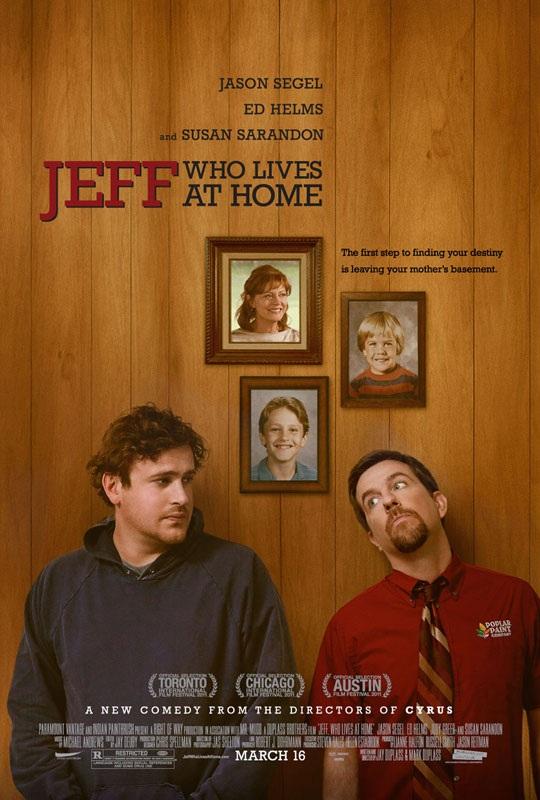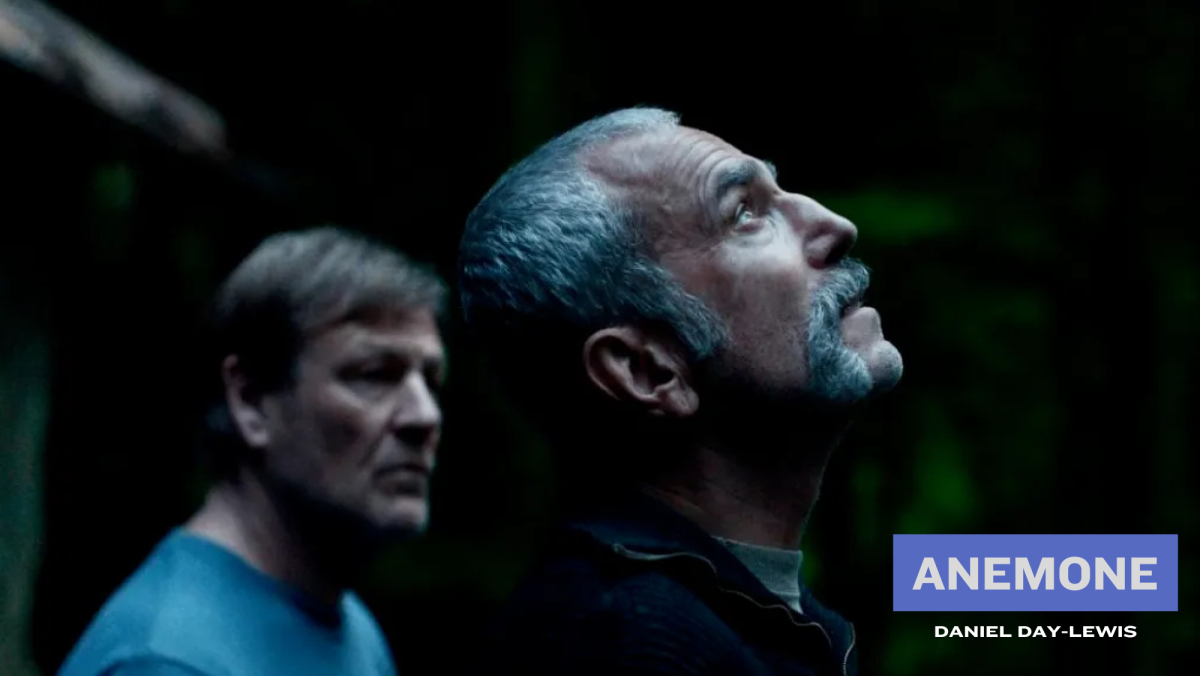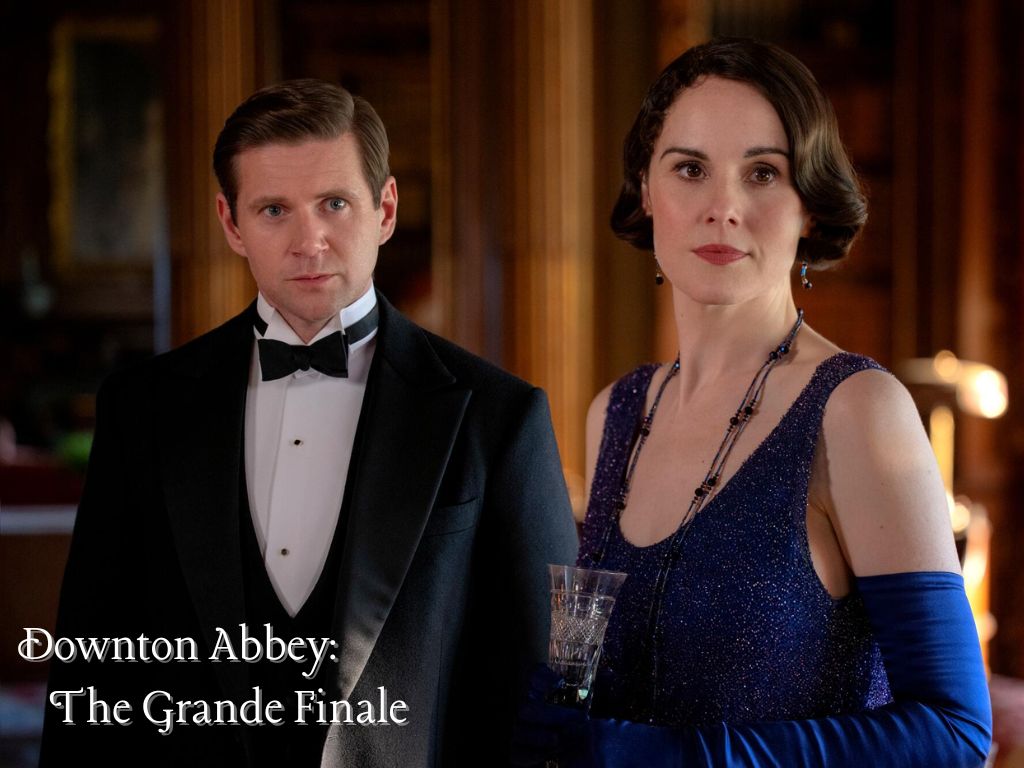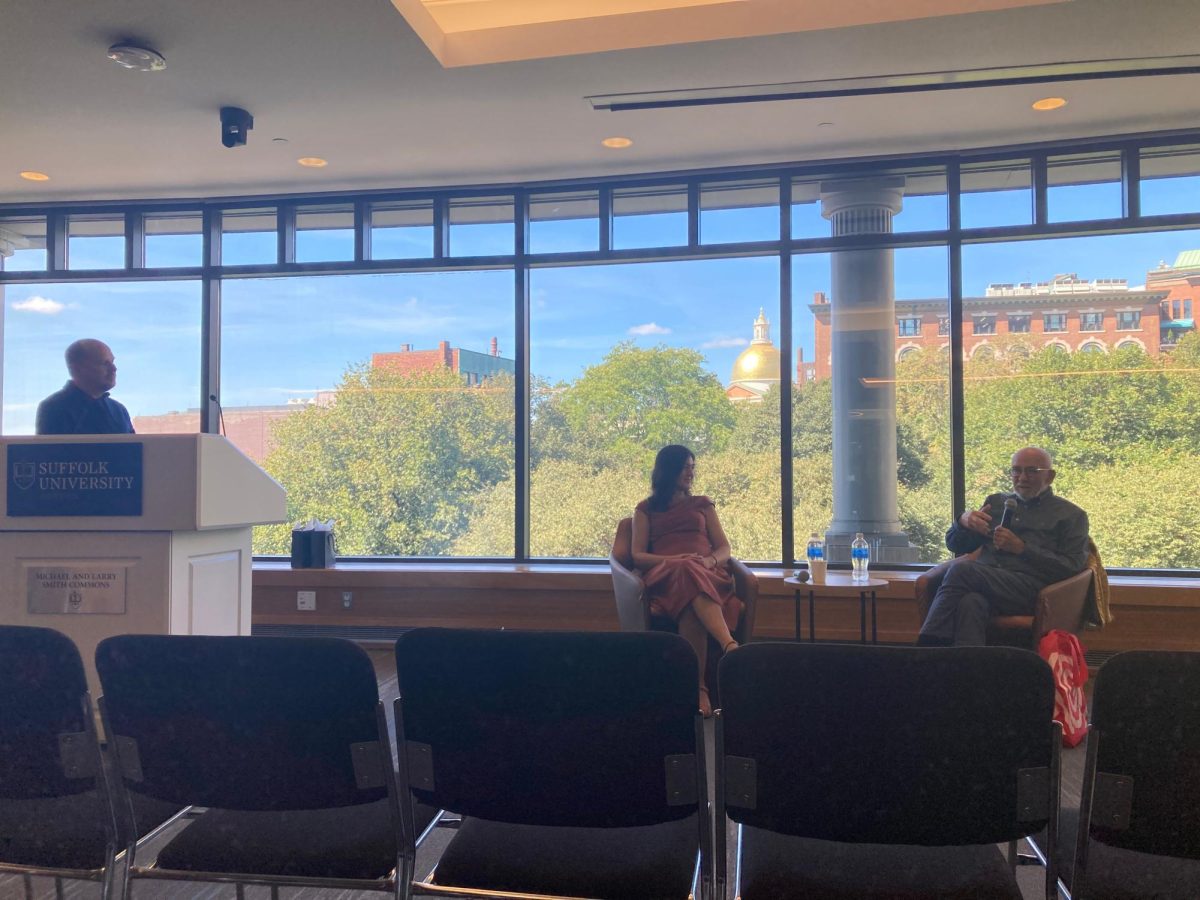Ally Johnson Journal Staff
Jeff, Who Lives at Home is one of those quiet films. It refuses to hit you over the head with a theme or meaning. It’s a film that purposely spends the entirety of its time searching for its point. It doesn’t meander through its plot, it isn’t distracted nor without a point in general. It’s a film centered on the characters and their emotions rather than their motives.
Jeff, played by Jason Segel, believes in signs. He subscribes to the idea that nothing is without meaning and that everything and everyone is interconnected. He knows that he knows nothing about the world and is content, if not sadly so, to sit idly and await for his destiny to knock on his door. Segel is one to watch; he is not the typical leading man yet he is captivating in his charm and never seems to force his performances.
Jeff’s older brother, Pat, is played by Ed Helms, sporting a horrific goatee and proving he is so much better than this season of The Office and The Hangover 2. Pat is seemingly the more adult; he’s the brother who knows how he is supposed to act. However, his life is falling into shambles when he spots his wife in [what he thinks is] an affair with another man. Pat is quick to jump into self-righteous mode, set on the idea that he is the one in the wrong and that everything is out to get him.
Jeff is the brother who’s focused on everything that goes on around him while Pat is too focused on himself. The chemistry between Segel and Helms is charmingly touching and genuine.
Their widowed mother Sharon (Susan Sarandon) has given up on looking for signs. She sees herself as too old, too far gone from the time where she could live life with a sense of spontaneity. However, when a surprise co-worker shows interest, she remembers she can make meaning out of smaller moments. It would have been great to see an entire movie surrounding this plot – it was poignant, sweet, beautifully acted, and broke many of the clichés that eat up so many love stories.
The Duplass brothers (Cyrus, The Puffy Chair) have a tendency to focus their films on the antihero, the individual who grew up physically but didn’t quite catch up in mental state. They have a love for camera shots with quick focuses on the characters’ faces. Their scripts are tight and structured, funny in a sense that isn’t forced, and allow the actors to improvise.
The film requires patience. The first half hour establishes the three main characters and it leads to uncertainty of likeability. Jeff seems like the stereotypical pothead, Pat is supposed to be annoying but understandable with his wife Linda(Judy Greer), and Sharon’s subplot appears to be inconsequential initially. However once the halfway mark hits, this movies is engaging, heartfelt and capable of evoking stronger emotions that the first 10 minutes suggested.
This movie generates deep thought: how do we go about searching for our destiny? Do we actively seek it out, looking in the stars or waiting for a lightning bolt to strike the ground beneath us? Or do we search for the subtleties, the smiles of loved ones or the implied recognition and approval from the individuals nearest us? What is it that we are searching for, grandeur or small comforts?




















